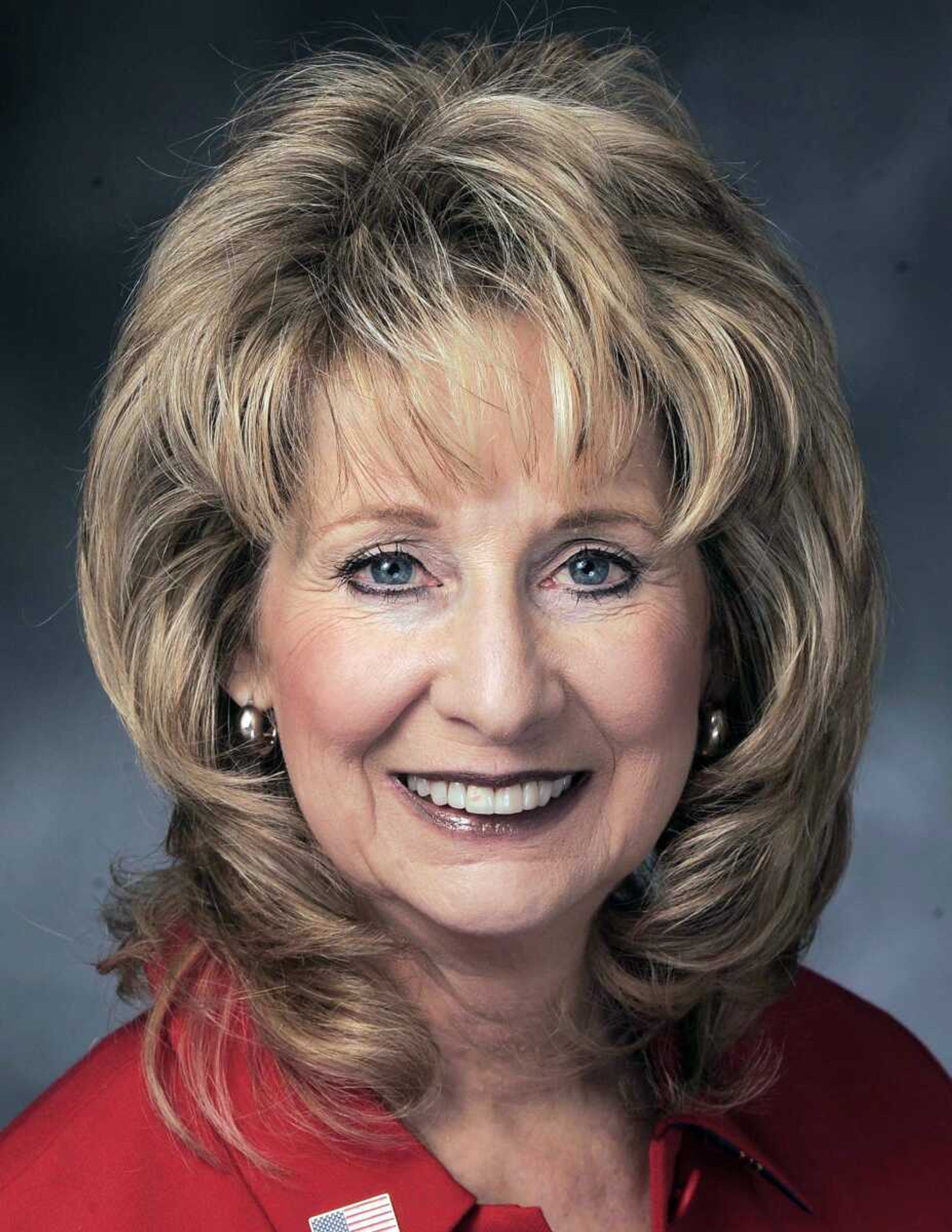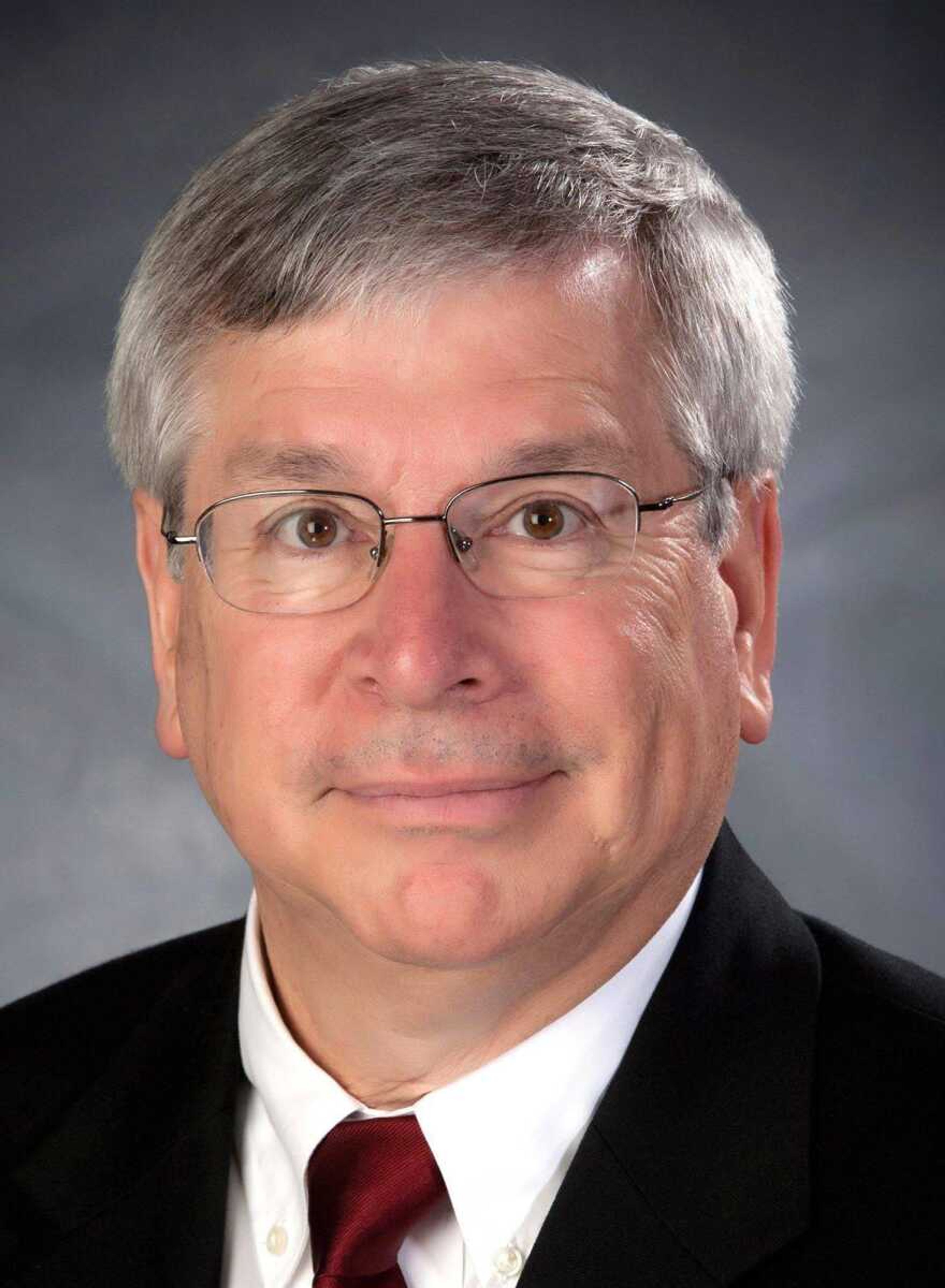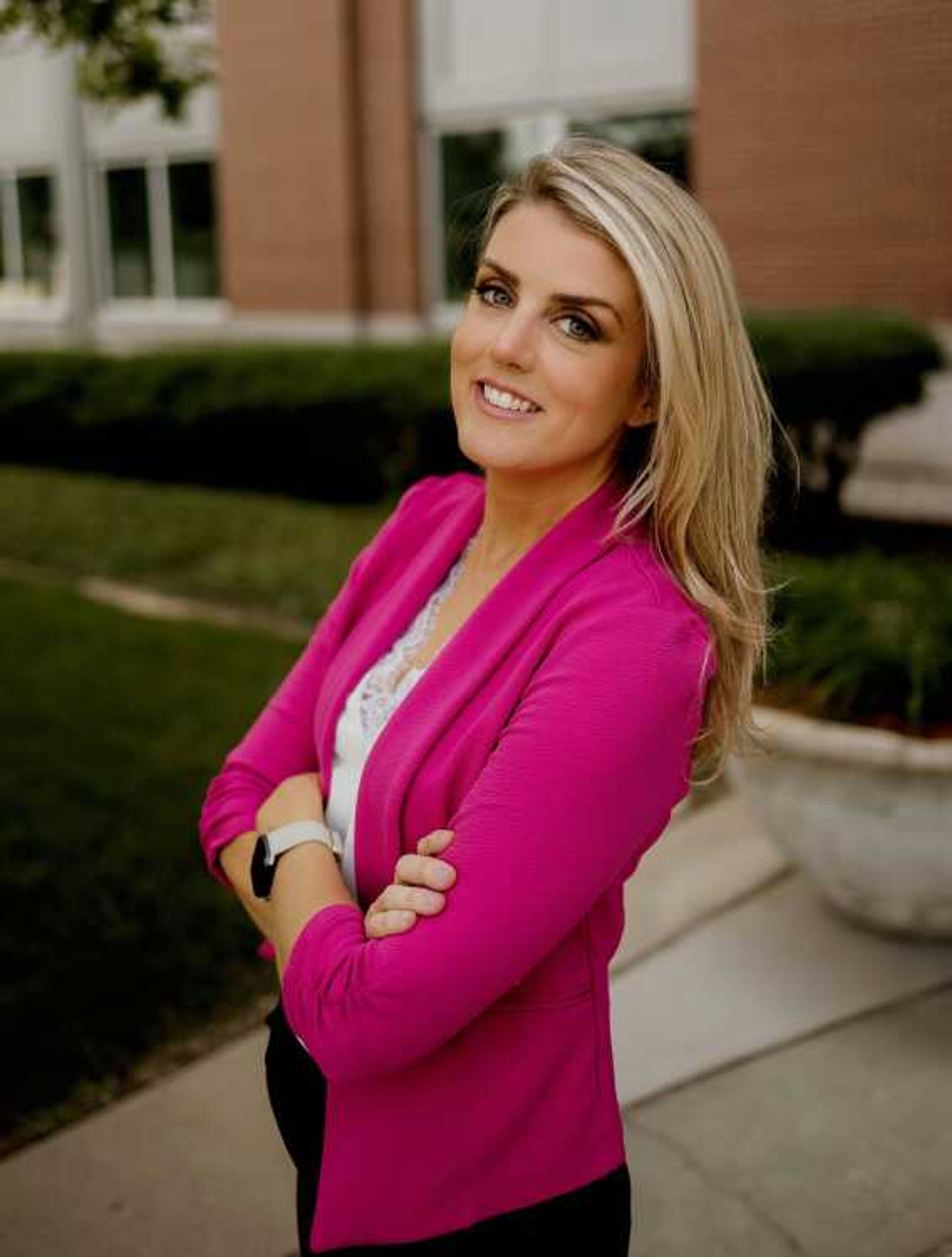As a new year approaches, Southeast Missouri business face new challenges, ranging from decreasing agricultural commodity prices to the 2016 election cycle.
__AGRICULTURE__
The 2015 agricultural season was marked by heavy rains in May and June, which forced farmers in Southeast Missouri and statewide to plant fewer crops early in the cycle.
However, Dr. Michael Aide, chair of the agriculture department at Southeast Missouri State University, said 2015 ended up being a typical agricultural year in Southeast Missouri and throughout the Midwest.
"Some people had to delay planting" or ended up changing which crops they planted due to the rain early in the cycle, Aide said, but yields ended up being normal throughout the region. This was in sharp contrast to a far dryer agricultural season in 2012, where farmers had a "yield disaster without irrigation," Aide said.

As of Dec. 6, the Chicago Board listed the price of corn at $3.80 a bushel, soybeans at $9.07 a bushel and wheat at $4.88 a bushel. These values represent a 0.4, 13 and 23 percent decline for corn, soybeans and wheat from a year ago, according to CNN Money.
"Compared to 2012, both years [2014 and 2015] were dramatically lower" in terms of prices, Aide said. However, he said he expects to see a re-emergence of crop prices in 2016, due to a decrease in the amount of acreage used for agriculture worldwide.
__HEALTH CARE__
SoutheastHEALTH will work next year on converting clinical infrastructure to a single operating system as well as expanding its cardiovascular and primary-care offerings.
The health system's recent acquisition of Siemens Soarian by Cerner Corp. has provided a cost-effective opportunity to convert Southeast's health-care information systems to Cerner Millennium, according to an email from Shauna Hoffman, director of marketing and business development at Southeast. The transition is expected to streamline administration, reduce costs and enhance patient safety. Southeast will retain Soarian Financials for accounts receivables and billing.

Southeast also will focus on cost conservation for patients and "investing in people rather than bricks and mortar," Hoffman wrote. A general cardiologist and cardiothoracic surgeon will join a team of nine providers to enhance the hospital's regional cardiology program and service offering. Hoffman wrote SoutheastHEALTH plans to continue recruiting primary-care providers, citing aging population and growth.
Saint Francis Medical Center has a number of changes in store for 2016.
Beginning Jan. 1, the hospital's campus becomes smoke- and tobacco-free. The new policy is being implemented at all Saint Francis Healthcare System and Medical Partners properties, according to an email from Emily Blattel, Saint Francis communications specialist.
Also in January, physicians at the Kneibert Clinic in Poplar Bluff, Missouri, will become Saint Francis Medical Partners, adding more than 20 internal medicine, family practice, women's health, pediatrics, psychiatry and behavioral health providers, Blattel wrote.
In February, patients will begin treatments with a new linear accelerator being installed at Sikeston Radiation Oncology.
As part of the Building on Excellence campaign, Saint Francis' Inpatient Rehabilitation Unit will move to the renovated Cross tower, which is part of the original medical center building, in April, putting it close to the orthopedic unit in the tower.
The health-care system will transition to Epic, a new electronic medical record system, in July. The Dexter Health Campus will open in July, as well. The campus will include outpatient offices for Saint Francis Medical Partners and Fitness Plus Dexter.
In Cape Girardeau, the Women and Children's Pavilion on the north side of the medical center's campus will be complete in September, marking the completion of the Building on Excellence expansion and renovation project, Blattel said. Cape Care for Women and Cape Perinatology Group will move into the pavilion, bringing it closer to the Family BirthPlace, Level III NICU and Children's Center.
__PRESIDENTIAL PRIMARIES__
As Election Day 2016 draws closer, the race to succeed Barack Obama as president is heating up in both the Democratic and Republican primaries.

Businessman Donald Trump leads the Republican field nationally, with about 30 percent of the primary vote, according to an average of national polls from Nov. 16 to Dec. 1 on the political site realclearpolitics.com. Neurosurgeon Dr. Ben Carson is in second at 16 percent, followed by Texas Sen. Ted Cruz at 15 percent, Florida Sen. Marco Rubio at 14 percent, former Florida Gov. Jeb Bush at 4 percent, a tie at 3 percent between former Hewlett-Packard CEO Carly Fiorina and New Jersey Gov. Chris Christie, a tie between Ohio Gov. John Kasich and former Arkansas Gov. Mike Huckabee at 2 percent; and Kentucky Sen. Rand Paul at 1.7 percent. Former New York Gov. George Pataki, South Carolina Sen. Lindsay Graham and former Pennsylvania Sen. Rick Santorum all averaged less than 1 percent of the primary vote.
On the Democratic side, former Secretary of State Hillary Clinton leads the Democratic field with about 57 percent of the primary vote, according to the realclearpolitics.com average from Nov. 16 to Dec. 1. Vermont Sen. Bernie Sanders is in second at about 31 percent and former Maryland Gov. Martin O'Malley is in third, with about 3 percent of the primary vote.
__JEFFERSON CITY__
State Sen. Wayne Wallingford, R-Cape Girardeau, said he has pre-filed bills for the 2016 session on topics such as feral hogs, detention of juveniles, elder abuse and street improvements for cities. Although a couple of the bills Wallingford has proposed for 2016 are repeats from the last legislative session, many of them are on new topics, he said.
Wallingford said he had "pretty good results last year" for his legislation, specifically on topics such as extending voter registration for veterans, an environmental protection bill and establishing a new committee on solid waste management.
"We can come together and have a lot of time to ferret out our differences" on the new committee, he said.
In regards to statewide candidates, Wallingford said he is supporting Lt. Gov. Peter Kinder in the 2016 governor's race.
State Rep. Kathryn Swan, R-Cape Girardeau, said she plans to file several new bills for the 2016 session, dealing with topics such as music therapy, emergency medical services, child custody and an "ethics reform bill that I have not firmed up yet."
However, Swan said several of the bills she will file are repeats from the last legislative session that "didn't cross the finish line." Many of those bills, including several education bills, were either in conference committee or sitting on the state Senate's calendar when the session ended, according to Swan.
"We'll have to go through the process again" on that legislation, she said.
State Rep. Donna Lichtenegger, R-Jackson, will be focused on higher education issues in the upcoming legislative session, including how to make college more affordable.
Lichtenegger serves on the Higher Education Committee in the state House. She also chairs the appropriations committee for higher education.
Lichtenegger said the racial unrest that occurred at the University of Missouri -- Columbia last fall will be a topic of discussion in the General Assembly. She said she wants to hear suggestions from university presidents across the state for how to alleviate racial tensions on college campuses.
The protest that occurred at Mizzou "could just as easily have occurred on the Southeast Missouri State University campus," she said.
The state representative also wants lawmakers to approve a bill that would require local governments to hold public hearings before they could act to remove fluoride from their water systems. That's important because fluoride helps prevent tooth decay, she said.
In addition, Lichtenegger is working on a dental hygiene bill that would allow hygienists to provide some dental services.
State Rep. Holly Rehder, R-Sikeston, would like to see the legislature pass a right-to-work law. She also plans to file "paycheck protection" legislation and a bill that would establish a prescription drug monitoring program.
"Missouri is the only state that doesn't have a drug monitoring program, " the 148th District representative said.
The "paycheck protection" bill would require annual permission from public employees before union dues could be collected from their paychecks.
As for right-to-work, Rehder said most of Missouri's neighboring states are right-to-work states. "We are seeing an economic boon in other states that have passed it."
Connect with the Southeast Missourian Newsroom:
For corrections to this story or other insights for the editor, click here. To submit a letter to the editor, click here. To learn about the Southeast Missourian’s AI Policy, click here.









